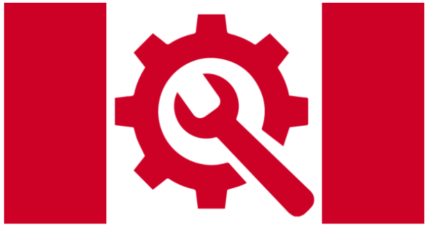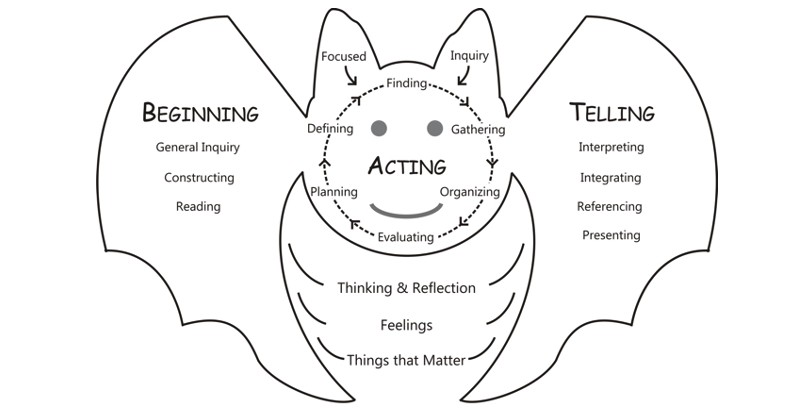Introduction to the Special Issue on Canadian Perspectives on Information Science
As a means of showcasing the unique approaches, values, and topics of special interest held by Canadian information scientists to the global community at large, this special issue – hosted by the Association of Information Science and Technology’s (ASIS&T) Canada Chapter – showcases Canadian perspectives on Information Science research and practice.
Read More













